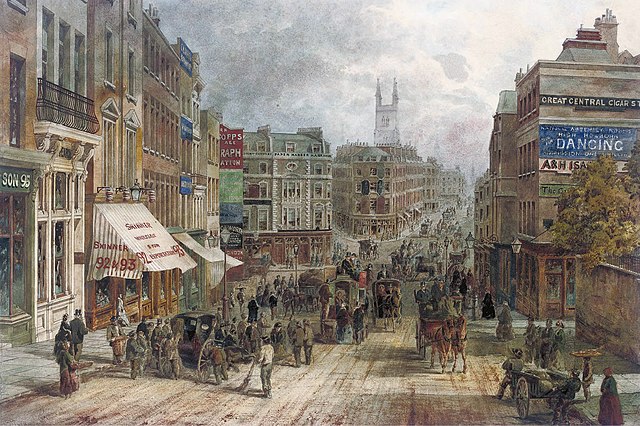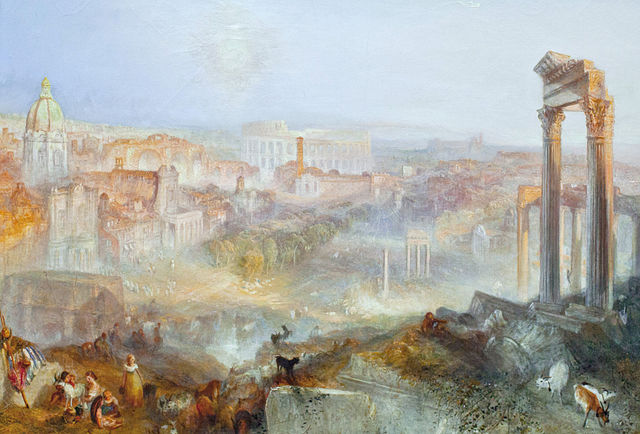
Each 31 October is commemorated as United Nations (UN) World Cities Day.
As the UN website explains,
The United Nations General Assembly has designated the 31st of October as World Cities Day, by its resolution 68/239. The Day is expected to greatly promote the international community’s interest in global urbanization, push forward cooperation among countries in meeting opportunities and addressing challenges of urbanization, and contributing to sustainable urban development around the world.
The Thammasat University Library collection includes many books about cities and urban studies.
TU students are familiar with the innovative Urban Design Development International (UDDI) program at the Faculty of Architecture and Planning, Thammasat University, Rangsit campus.
As its website notes,
The UDDI program is the first and only international program in urban design and development in Thailand. The curriculum integrates the environmental design and socio economic development of the city focusing on the integrated strategy for urban solutions. With the rapid urbanization rate, urban problems will increasingly become formidable and reflecting the needs for more integrated design and management. The program aims to equip the student with integrated built environment design and management mindset to be the leading urban design professionals with integrity and competency to take up the challenge of the urbanized world.
HOW IS THE PROGRAM TAUGHT?
The program is an integrated 3.5-year bachelor and a 1.5-year master’s program. The UDDI Program is divided into five distinct sets of learning experiences. In each year students will develop a new set of skills and knowledge in order to provide them with the necessary tools and perspectives to be creative and innovative leaders in the design and development of cities. A particular element of the UDDI experience is to specialize in tourism, partnerships or real estate development. The UDDI undergraduate education aims to create the graduates equipped with creativity and sufficient knowledge to take part in the various areas of urban design as well as further their specializations in specific issues in the master program.
WHAT ARE THE CAREER PROSPECTS?
Urban Design and Development graduates are equipped with integrated skill and mindset for urban resolution which enable them to establish various career paths in environmental design and development of the city. The student with international mindset will be able to work in international environment. The career paths in urban design and development range in various fields. They can start their own business that tackle urban problems, social enterprise to develop service and product for the community, and being part of large scale organizations that contributes to the dynamic development of physical, social and economic growth of the city…
Welcome to UDDI, one of the most influential, exciting and innovative urban design schools in Thailand, setting the agenda for what urban design is and could be. As part of Thammasat University’s Faculty of Architecture and Planning, the programme has been established to provide students with the opportunity of gaining the skills and knowledge necessary to meet the urbanisation and megacity challenge. Using a multidisciplinary approach, we provides students with the flexibility to guide their studies as their interests develop.

The theme of this year’s UN World Cities Day is Valuing Our Communities and Cities:
The impact of COVID-19 has re-shaped urban life around the world. Local communities have played a key role in contributing to keeping people safe and maintaining some economic activities.
Community value encompasses local volunteering and people organizing in their own neighbourhoods as well as social movements that challenge poverty, systemic discrimination and racism. In informal settlements and slums in particular, communities are making a significant contribution while individual households in urban areas are providing an enabling environment for work and study in the home.
UN-Habitat’s latest World Cities Report reinforces the benefits of cities that engage all stakeholders, including local communities to foster sustainable cities. The Secretary-General has identified cities and communities as being on the frontline of the COVID-19 response. Collectively, we can truly foster sustainable cities for all.
Community activities can no longer be taken for granted or under-resourced. Policy makers and urban managers need to engage communities systematically and strategically in urban planning, implementation and monitoring to co-create the cities of the future.
The recognition of communities’ value must be maintained beyond the virus outbreak. In the transition to a new sustainable urban normality, local communities must play an expanded role supporting government stimulus packages for employment creation, delivery of essential services, ensuring a green-economic transformation, the provision of adequate shelter and public space and reestablishment of local value chains.
Background
Urbanization provides the potential for new forms of social inclusion, including greater equality, access to services and new opportunities, and engagement and mobilization that reflects the diversity of cities, countries and the globe. Yet too often this is not the shape of urban development. Inequality and exclusion abound, often at rates greater than the national average, at the expense of sustainable development that delivers for all…

As a related UN study document available online suggests,
This World Cities Day is a moment to reflect on our cities and consider their future. In the last 12 months, city life has changed dramatically. The health impact of COVID-19 alongside the social, political and financial upheavals, is reshaping urban life around the world in an unprecedented manner. Urbanization has the potential to create opportunities for a better life, provide pathways out of poverty and act as an engine of economic growth, but the contribution of diverse communities within cities is often only recognized to a limited extent if at all. Yet it is increasingly clear that communities are the lifeblood for cities and are part of the essential building blocks providing the economic, environmental and social value that leads to an improved quality of life for all. As national and local governments adopt various responses to COVID-19, the role and value of communities in urban settings has been brought into sharp focus forcing us to reconsider the importance of local actions for urban resilience and recovery. The pandemic has highlighted the core weaknesses in many urban systems, such as economies that rely too heavily on global and national markets, without sufficient recognition of the contribution and significance of local, social and economic actors and networks. Communities are innovative, creative, resilient and pro-active in terms of finding solutions particularly during crises. How cities manage to mobilize their various communities, in terms of different identity groups, location and economic status, to address challenges like COVID-19, climate and inequality, will contribute to their success. This World Cities Day reflects on community value ranging from local volunteering and people organizing themselves in their own neighbourhoods to social movements that challenge poverty and racism. The COVID-19 pandemic has clearly demonstrated the role of community work in making cities resilient and functional. Communities have organized to respond to the disruption of food and economic supply chains and to support many vital city functions. In informal settlements and slums, communities are grappling with the additional hardships created by COVID-19 but still make a significant contribution to local responses. At the same time, individual households also contribute by providing an enabling environment for work and study in the home. The challenge is to ensure communities’ value is maintained beyond the virus outbreak, so they are at the heart of building sustainable cities. On this unusual World Cities Day and as we launch the 2020 World Cities Report, it is more important than ever, to consider how diverse urban communities can be better recognized, supported and their qualities maximized in new ways that move beyond token engagement or minimal resource support. It is important to look at how the value of communities can be strategically utilized through policy engagement with a central place both in decision-making and in implementation. Doing so will better address the current COVID-19 responses, and make a significant long term contribution to achieving Sustainable Development Goal 11. Below is a brief outline of the economic, social, environmental and innovative value communities contribute and how they can co-create cities of the future.

(All images courtesy of Wikimedia Commons)
